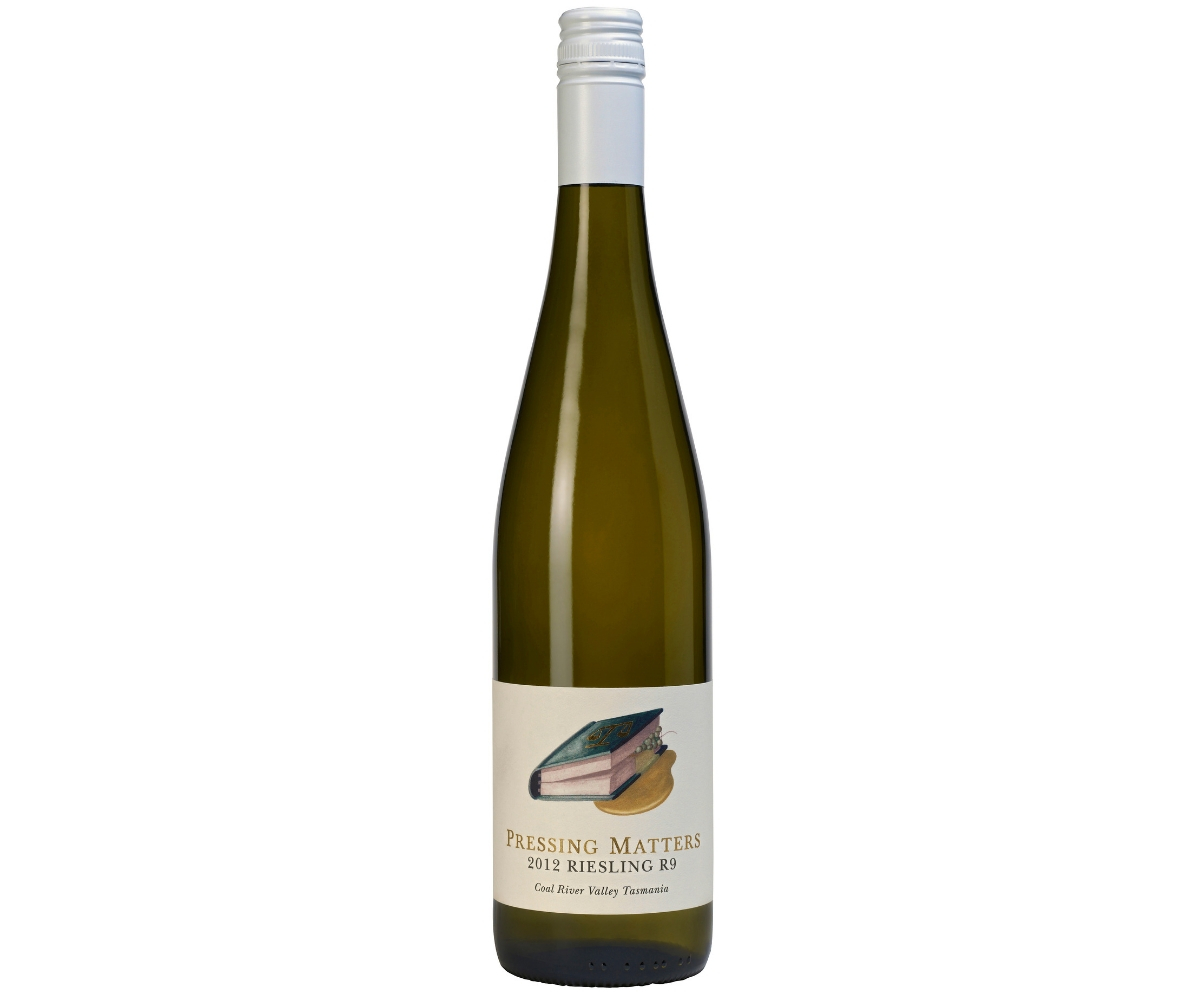Tassie Temptation

Low Alcohol Wines
It is a well-known industry deception, that the alcohol content of a wine as described on the bottle, is largely understated. The Food Standards Code in Australia allows a level of tolerance which generally means that wines are labelled as being lower in alcohol than they actually are. A recent study by the University of California found that alcohol content in most wines sold around the globe is, on average, about 0.42% higher than what is stated on the label of the bottle.
In Australia, winemakers are generally under a commercial pressure to make wines that are higher in alcohol to please the palate, but lower in alcohol to satisfy the dieticians and medical advisers! The consumer typically tends to prefer a higher level of residual sweetness in white wines as it makes them more approachable in their youth. In red wines, sweeter fruit and higher alcohol sell well because it generally leads to a fuller and more rounded mouthfeel which is attractive to the majority of wine consumers. After all, the wine industry is a competitive one – particularly for the boutique and smaller producers.
So with the bias towards higher sugar and alcohol wines, it was particularly refreshing to re-discover a stunning example of a Tasmanian Riesling that has a luscious and well-rounded mouthfeel yet is labelled at only 11% alcohol by volume. It’s a wine that I must have liked when I found it a few years ago and bought and extra case to tuck away in a back corner of the cellar- not that I can really remember! During a recent re-organisation, I rediscovered it, quickly wiped off the dust and decided that it was time to open a bottle of the Pressing Matters 2012 R9 Riesling.
Pressing Matters 2012 Riesling
Pressing Matters has been rated as a 5-star winery by James Halliday and is located at Tea Tree in the Coal River Valley; an area that was first settled by the British after the construction of a bridge across the Coal River in 1823 and is now largely agricultural and viticultural community.
The 2012 vintage is obviously a wine that has now had a few years now to develop in the bottle but was incredibly successful when first released. The R9 Pressing Matters not only won a trophy for best Riesling in the Six Nations Wine Challenge shortly after its release, but it even won Best White Wine of Show!
I would probably describe it as a Mosel style which still has tropical fruit characters of guava, lime and grapefruit on the nose and in its middle age, mellowed characters of pear and apple across the palate. When I reviewed this wine five years ago, it was much lighter in the glass and still had a greenish tinge to the fruit characters thanks to its natural acidity, but now, those same flavours are evident but more subdued, rounded and honeyed after over half a decade in a dark corner of the cellar. What’s surprising is that there is such a depth and lusciousness to the mouthfeel as this tempting Riesling fondles and nuzzles each taste buds as it strokes its way across the back palate.
It’s a dry style of Riesling but despite having only 9 grams of residual sugar, is still hedonistic and opulent yet sports only 11% alcohol by volume. That contrasts remarkably with other consumer-centric wines like Marlborough Sauvignon Blanc which typically boasts 13% or 13.5% alcohol content and has around 12 grams of residual sugar – making it much sweeter but, in my view, often sickly and flabby.
The Pressing Matters R9 is by far in a way one of the best Riesling I’ve tried in the last year and will be a perfect lunchtime tipple with seafood or an avocado salad. The winery is conveniently located only half an hour outside of the City so it will be one cellar door that is preloaded into my GPS next time I visit the Tasmanian Capital!